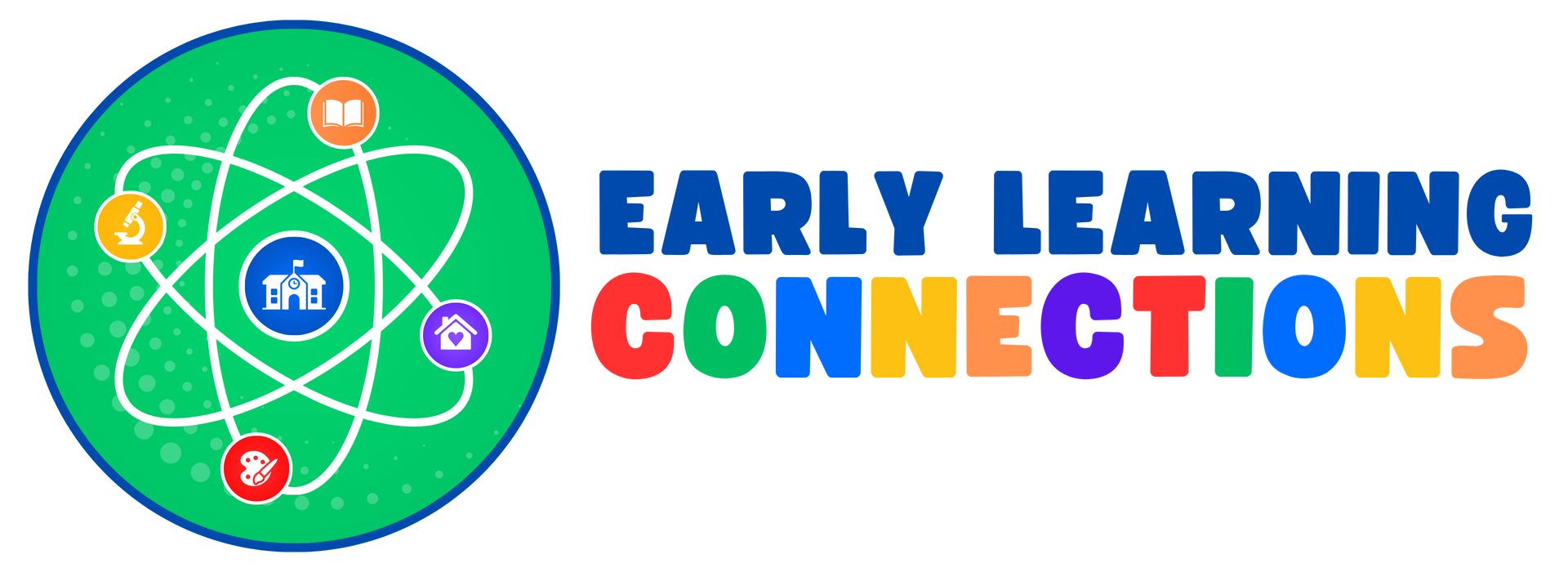The Importance of Nutrition in Early Childhood Development

Introduction
Proper nutrition plays a crucial role in a child’s early development. The first few years of life are a time of rapid growth, and the right nutrients support brain development, physical health, and emotional well-being. A well-balanced diet can improve cognitive function, strengthen immunity, and establish healthy eating habits that last a lifetime. This article explores the significance of nutrition in early childhood and provides practical tips for parents to ensure their children receive the nourishment they need.
Why Nutrition Matters in Early Childhood
1. Supports Brain Development
The early years are critical for brain growth. Essential nutrients such as omega-3 fatty acids, iron, and B vitamins contribute to cognitive function, memory, and problem-solving skills. A diet rich in healthy fats, proteins, and whole grains helps children develop strong neural connections, improving their ability to learn and focus.
2. Enhances Physical Growth and Development
Children experience rapid physical changes in their first five years. Calcium and vitamin D are essential for strong bones and teeth, while proteins help build muscles and tissues. A lack of these nutrients can lead to growth delays or deficiencies.
3. Strengthens the Immune System
A well-balanced diet with plenty of fruits, vegetables, and whole foods provides essential vitamins like vitamin C, zinc, and antioxidants. These nutrients help protect children from common illnesses, reduce inflammation, and support their body's ability to fight infections.
4. Promotes Emotional Well-being
Nutrition not only affects the body but also the mind. A deficiency in key nutrients like magnesium, vitamin D, and omega-3s can contribute to mood swings, anxiety, and even behavioral problems. A diet filled with wholesome foods can help stabilize emotions and support overall mental health.
5. Encourages Healthy Eating Habits for Life
The food habits established in early childhood often continue into adulthood. Teaching children to enjoy nutritious meals from a young age encourages them to make healthy choices later in life, reducing the risk of obesity and related health issues.
Key Nutrients Essential for Early Childhood Development
1. Protein
Supports muscle growth and tissue repair.
Found in lean meats, fish, eggs, dairy, beans, and nuts.
2. Healthy Fats
Essential for brain development.
Found in avocados, nuts, seeds, olive oil, and fatty fish.
3. Iron
Crucial for oxygen transport and energy production.
Found in lean meats, beans, lentils, spinach, and fortified cereals.
4. Calcium and Vitamin D
Important for strong bones and teeth.
Found in dairy products, leafy greens, and fortified plant-based alternatives.
5. Fiber
Aids digestion and promotes gut health.
Found in whole grains, fruits, vegetables, and legumes.
6. Vitamins and Minerals
Essential for immune support and overall well-being.
Found in colorful fruits and vegetables.
Practical Tips for Ensuring Proper Nutrition
1. Offer a Variety of Foods
Expose children to different flavors, textures, and food groups. Introducing a wide range of fruits, vegetables, proteins, and whole grains helps them develop a preference for nutritious foods.
2. Make Mealtimes Enjoyable
Create a positive eating environment by sitting together as a family, avoiding distractions like screens, and engaging children in conversations about food.
3. Limit Processed and Sugary Foods
Highly processed foods and excess sugar can lead to poor concentration, hyperactivity, and an increased risk of obesity. Choose whole, nutrient-dense foods instead.
4. Hydration is Key
Water is essential for digestion, temperature regulation, and overall health. Encourage children to drink water instead of sugary drinks like soda and juice.
5. Involve Children in Meal Preparation
Letting kids participate in cooking, grocery shopping, or choosing ingredients increases their interest in healthy eating and makes them more likely to try new foods.
6. Be a Role Model
Children learn by watching their parents. When they see adults making healthy food choices, they are more likely to adopt those habits themselves.
The Long-Term Benefits of Proper Nutrition
- Better academic performance due to improved concentration and energy.
- Lower risk of chronic diseases like diabetes and heart disease.
- Stronger bones and muscles leading to better physical health.
- Improved emotional regulation and reduced risk of behavioral problems.
Proper nutrition fuels brain development, which is essential for cognitive skills like memory, problem-solving, and language acquisition—abilities that can be further enriched through engaging activities like storytelling. Learn how storytelling enhances language and cognitive skills.
Just as a balanced diet supports a child's overall development, music also plays a crucial role in early learning by strengthening memory, concentration, and emotional expression. Discover the benefits of music in early learning.
Conclusion
Nutrition is the foundation of a child’s physical, cognitive, and emotional development. Ensuring that young children receive a well-balanced diet filled with essential nutrients helps set the stage for a healthy and successful future. Parents and caregivers play a vital role in shaping healthy eating habits, and by making nutritious choices accessible and enjoyable, they can help their children thrive in every aspect of life.










